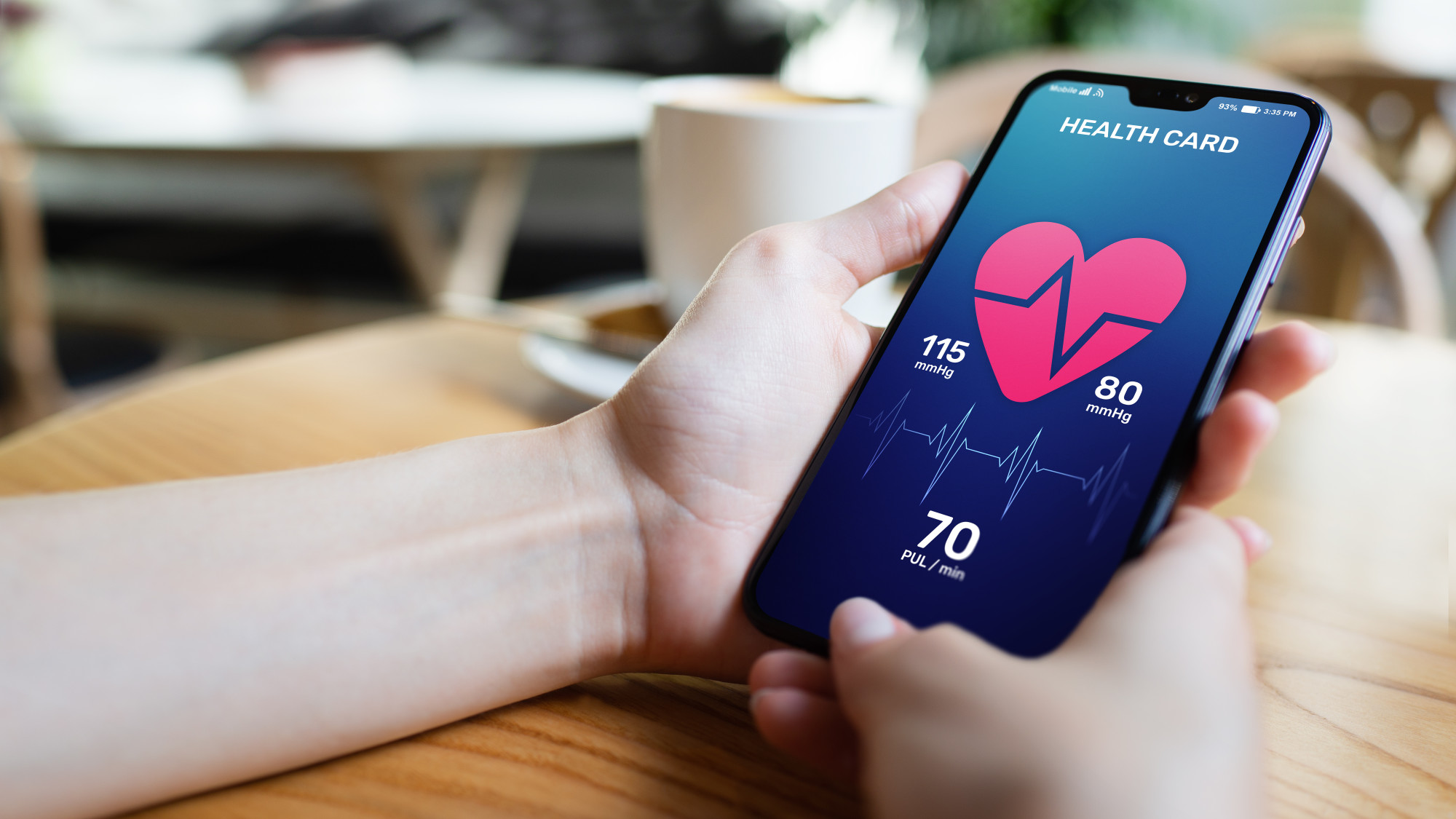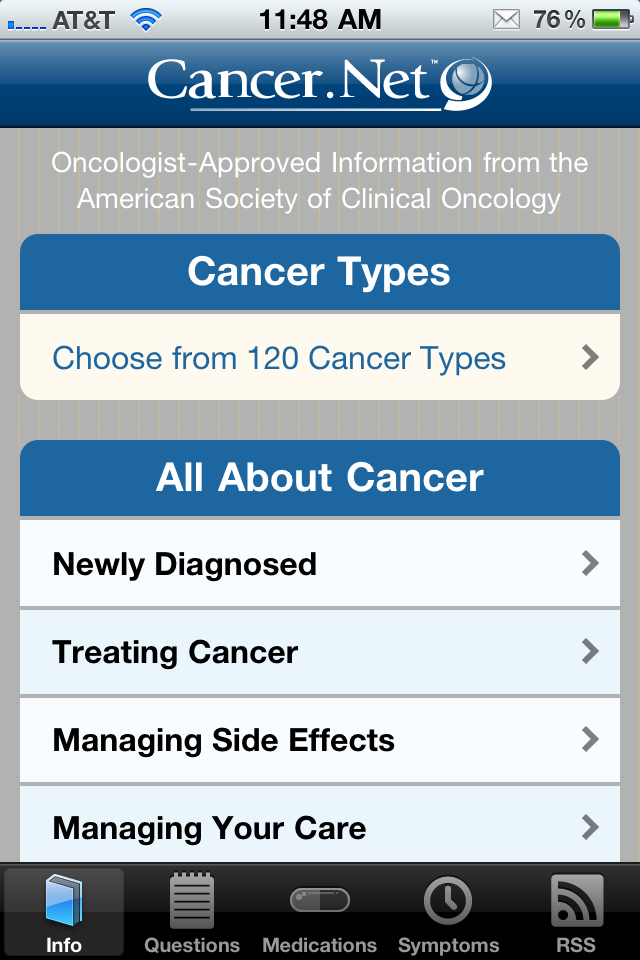
Mobile Health Apps Transform Support for Patients
Mobile health apps are revolutionizing the way individuals manage their wellness and adhere to treatment plans. By utilizing cutting-edge technology and data-driven algorithms, these personalized health apps offer tailored support for various health conditions, including cancer recovery and substance use. For instance, cancer support apps are designed to engage users with real-time feedback, while health coaching apps help streamline adherence to medication regimens. Emphasizing adaptive intervention strategies, these mobile tools leverage reinforcement learning in healthcare to enhance user experience and effectiveness. With the rise of such innovative solutions, managing health and recovery has never been more accessible and personalized.
Digital wellness applications are emerging as essential tools in modern healthcare, providing customized assistance to users seeking to improve their health outcomes. These innovative solutions, often labeled as health management platforms, enable users to track their progress and receive timely reminders based on their unique needs and preferences. Among these offerings, users can find aids tailored for cancer patients, substance abusers, and general wellness seekers, showcasing a diverse application of technology in personal health. By harnessing artificial intelligence, these tools adapt to the user’s context, making them not just efficient but also intuitive. In the realm of digital health, the intersection of technology and compassionate care is paving the way for enhanced patient experiences.
The Role of Mobile Health Apps in Personalizing Patient Care
Mobile health apps represent a transformative approach to healthcare by providing personalized support tailored to individual needs. These applications harness advanced algorithms and real-time data analytics to offer users customized interventions that adapt to their unique health circumstances. For cancer patients who often struggle with medication adherence, such apps serve as vital tools in managing complex treatment regimens. By utilizing reinforcement learning, mobile health apps like those developed by Susan Murphy’s lab can dynamically adjust their recommendations based on user behavior, seamlessly fitting into patients’ daily lives.
Moreover, mobile health apps can significantly enhance the relationship between patients and caregivers. By integrating features that promote collaboration, these applications not only provide direct support but also foster a sense of community among users. In the case of cancer recovery, where family involvement is crucial, such apps can facilitate communication and ensure that both patients and caregivers remain aligned in their healthcare goals. The focus on personalization through mobile health technology exemplifies how digital innovations can empower users and improve health outcomes.
Frequently Asked Questions
What are mobile health apps and how do they assist users in managing their health?
Mobile health apps, such as health coaching apps and personalized health apps, provide users with tools and resources to manage their health effectively. These apps utilize features like medication reminders, health tracking, and personalized feedback to help users adhere to treatment plans and make informed health decisions.
How do mobile health apps utilize reinforcement learning to improve user experience?
Mobile health apps use reinforcement learning algorithms to create adaptive interventions that tailor support based on individual user interactions. This means the app continually learns from user behaviors to adjust prompts and assistance, ensuring that reminders and notifications are timely and relevant, thus enhancing user engagement.
Can mobile health apps support cancer patients during their treatment?
Yes, mobile health apps designed specifically for cancer support can aid patients by providing tools to manage medications, track symptoms, and connect with healthcare providers. These apps often include features that utilize real-time data to adapt to the needs of cancer patients, ensuring they receive appropriate support throughout their treatment.
What is just-in-time adaptive intervention in mobile health apps?
Just-in-time adaptive intervention is a feature of some mobile health apps that provides support precisely when a user needs it. By recognizing changes in the user’s context and needs, the app can deliver personalized prompts and resources to encourage adherence to health goals, such as medication schedules.
How do health coaching apps enhance patient-caregiver collaboration?
Health coaching apps enhance collaboration between patients and caregivers by allowing them to communicate effectively and share feedback through the app. Features like shared reminders and motivational prompts can strengthen the relationship between patients and their caregivers, improving adherence to treatment plans.
What role do mobile health apps play in managing chronic conditions?
Mobile health apps are vital in managing chronic conditions by providing users with ongoing support and resources. They can track symptoms, remind users of medication doses, and offer educational content, which empowers patients to take control of their health and make informed decisions.
How do personalized health apps adapt to individual user needs?
Personalized health apps adapt to individual needs by utilizing user data and feedback to modify the services they provide. This can involve changing the frequency of reminders, the type of content delivered, or the method of engagement, ensuring that the app remains relevant and helpful for the user over time.
| Key Points | Details |
|---|---|
| Personalized Mobile Health Apps | Utilize reinforcement learning algorithms to tailor support for users. |
| Addressing Adherence Challenges | Focus on helping cancer patients manage medication adherence, as over 70% struggle with it post-treatment. |
| Just-in-Time Adaptive Intervention | Apps recognize shifting user needs to provide timely support and psychological rewards. |
| Collaboration for Development | Collaborating with healthcare professionals to ensure the effectiveness of medical support applications. |
| Real-time Learning Capabilities | Apps can adjust notifications based on user interactions, making them more effective. |
| Multi-Faceted Health Initiatives | Projects include support for cannabis reduction and promoting dental hygiene through innovative apps. |
Summary
Mobile health apps are revolutionizing patient care by providing tailored support for individual needs. These advanced applications, using algorithms for real-time personalization, are specifically designed to help people maintain their health and manage chronic conditions more effectively. With features like just-in-time adaptive interventions, they increase medication adherence and ensure that users receive support precisely when they need it. Examples include apps for cancer patients that enhance caregiver relationships and programs aimed at reducing cannabis use. As technology evolves, mobile health apps continue to show promise in transforming health management into a more interactive and personalized experience.



